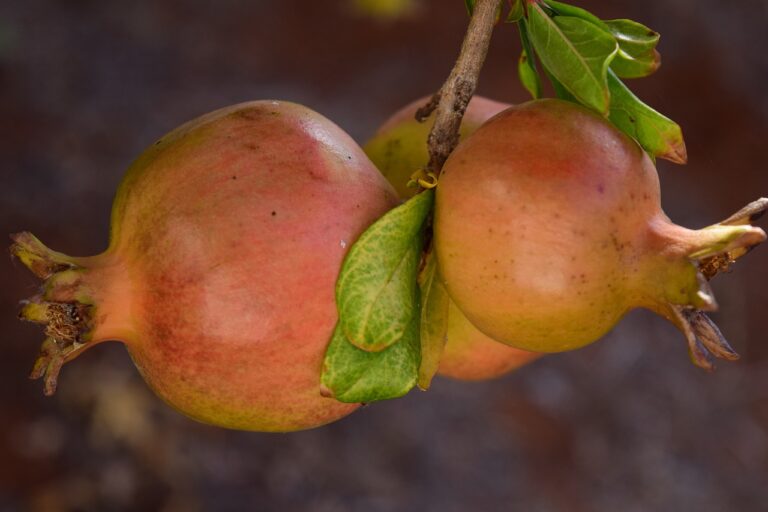Rheumatology and Sustainable Gardening: Cultivating Green Spaces: Cricbet 99, Sky1exchange.con, Reddy anna online book number
cricbet 99, sky1exchange.con, reddy anna online book number: Rheumatology and Sustainable Gardening: Cultivating Green Spaces
Living with a rheumatic condition can be challenging, with symptoms like joint pain, stiffness, and fatigue impacting daily life. However, engaging in activities like gardening can have significant benefits for those with rheumatoid arthritis, osteoarthritis, and other rheumatic diseases. In this article, we explore the connection between rheumatology and sustainable gardening, and how cultivating green spaces can improve the quality of life for individuals with these conditions.
Benefits of Gardening for Rheumatology Patients
1. Physical Exercise: Gardening involves a range of physical movements, from digging and planting to weeding and watering. These activities provide a gentle form of exercise that can help improve joint flexibility and muscle strength, which are essential for managing rheumatic conditions.
2. Stress Relief: Spending time in the garden has been shown to reduce stress and anxiety levels, which are common among individuals with rheumatology conditions. The peaceful and therapeutic nature of gardening can promote relaxation and overall well-being.
3. Vitamin D: Exposure to sunlight while gardening can help boost vitamin D levels, which is important for maintaining bone health and managing inflammation associated with rheumatic diseases. Just remember to wear sunscreen and protective clothing to prevent sun damage.
4. Sense of Accomplishment: Watching plants grow and thrive can provide a sense of accomplishment and purpose, which can be especially beneficial for individuals dealing with the challenges of living with a chronic illness.
5. Connection with Nature: Being in nature has been linked to improved mental health and cognitive function. Gardening allows rheumatology patients to connect with the natural world, which can have a positive impact on their overall health and well-being.
Creating a Sustainable Garden
1. Choose the Right Tools: Ergonomic gardening tools can help reduce strain on joints and muscles. Look for tools with padded handles, long handles to prevent bending, and lightweight materials to make gardening easier and more comfortable.
2. Raised Beds and Containers: Raised beds and containers can make gardening more accessible for individuals with physical limitations. They can be placed at a height that is comfortable for working while standing or sitting, reducing the need to bend or kneel.
3. Mulch and Drip Irrigation: Mulch helps retain moisture in the soil, reducing the need for frequent watering. Drip irrigation systems can also help conserve water and make watering easier for individuals with mobility issues.
4. Plant Native and Drought-Tolerant Species: Choosing native plants and drought-tolerant species can help reduce water usage and maintenance in your garden. These plants are well adapted to local conditions and require less care and attention.
5. Compost and Recycling: Composting organic waste and using recycled materials in your garden can help reduce waste and promote sustainability. Compost enriches the soil, reduces the need for chemical fertilizers, and creates a closed-loop system in your garden.
FAQs
Q: Can gardening worsen my rheumatic condition?
A: It is important to listen to your body and pace yourself while gardening. Make use of ergonomic tools, raised beds, and containers to reduce strain on your joints and muscles. If you experience increased pain or discomfort, take a break and consult with your healthcare provider.
Q: How often should I water my garden?
A: The frequency of watering will depend on factors like soil type, weather conditions, and the types of plants in your garden. Generally, it’s best to water deeply and infrequently to encourage deep root growth. Consider using drip irrigation systems to ensure even watering and reduce water usage.
Q: How can I make my garden more sustainable?
A: You can make your garden more sustainable by choosing native plants, using organic gardening practices, recycling materials, and conserving water. Composting organic waste and using mulch can also help improve soil health and reduce the need for chemical inputs.
In conclusion, sustainable gardening can be a valuable and therapeutic activity for individuals living with rheumatic conditions. By following best practices and making use of ergonomic tools and techniques, you can create a green space that is both enjoyable and beneficial for your health. So roll up your sleeves, dig in the dirt, and reap the rewards of cultivating your own sustainable garden.







